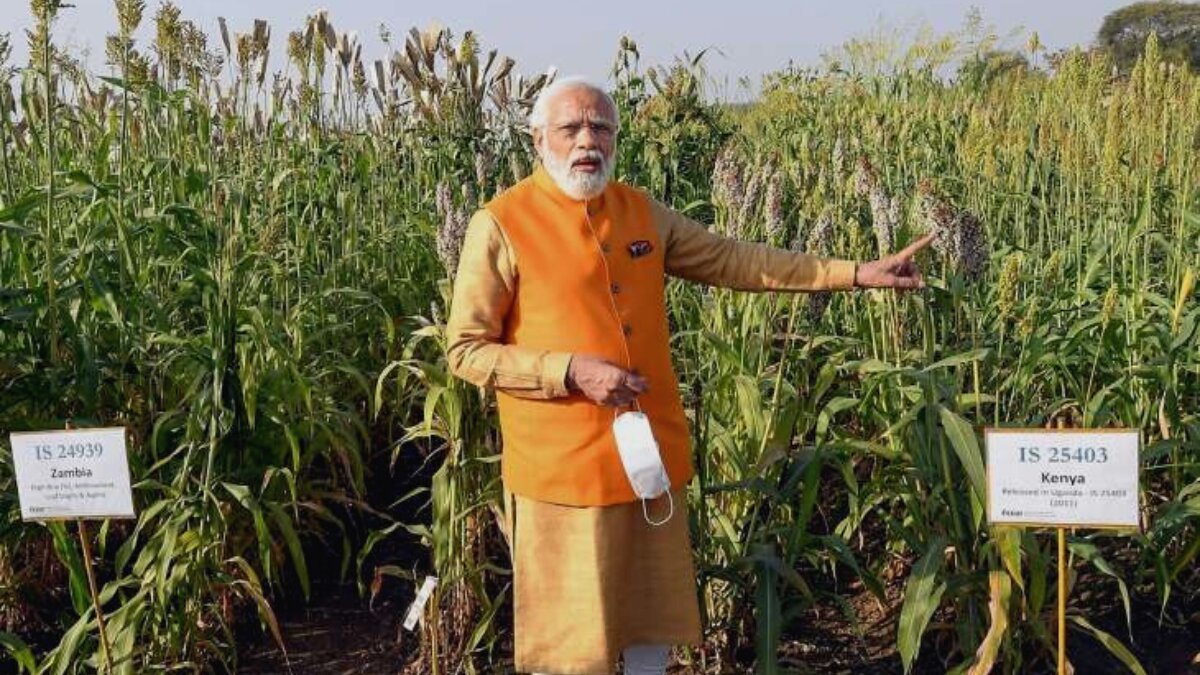As he prepares for elections in numerous states this year and the crucial general election in 2024, Indian Prime Minister Narendra Modi will make it a top priority to control the price of basic goods in order to safeguard the poor.
As a result, the government will probably continue to impose export restrictions on wheat, which is crucial to the diet and food security of many of the nation’s 1.4 billion citizens. The premier has strong cause to take no chances with the limits since state reserves of wheat used to support the food programme for the poor have decreased to the weakest for this time of year since 2017.
The global wheat market is experiencing a shortage of supplies due to dry conditions in US growing regions and a decline in Ukrainian supplies following Russia’s invasion almost a year ago. An extension of the export restrictions would likely help alleviate this situation.
Although the farm ministry and several traders predict that the nation will produce a record 112 million tonnes of wheat this year, it is still too early to declare that such a large crop is guaranteed. According to Rajnikant Rai, divisional chief executive of ITC Agri Business, a division of ITC Ltd. and one of the largest importers of wheat, output is at risk if temperatures in the important northern growing regions unexpectedly rise through the end of March.
“The crop is looking good as of now but we have to watch the temperatures,”Rai stated. “A removal of the export ban is unlikely because of low stockpiles,” he continued by stating that any attempt to ease the restrictions at the moment would increase domestic demand and make it more challenging for the government to purchase grain at minimum support prices to restock its welfare programme.
India abruptly stopped exporting in May of last year, igniting concerns about global food shortages and inflation amid the conflict in Ukraine. The choice was made when unprecedented heat dried out crops and reduced output, raising concerns about local supplies. The government put restrictions on the exports of rice and sugar as a result of similar concerns. As the global climate changes and the weather grows more severe, there is always a chance that heat waves will occur again.
Fears of inflation
Even though food inflation had no impact on the ruling party’s chances of winning the general election next year or the assembly elections in some states, such as Gujarat and Uttar Pradesh, the party doesn’t want to take any chances going into future elections, according to Poornima Varma, an assistant professor at the Indian Institute of Management in Ahmedabad.
The government hopes to maintain enough domestic stockpiles to assure food security for the underprivileged, but grain prices in India have not decreased as much as anticipated, with wheat costs falling only little, according to Varma.
The Reserve Bank of India reports that while the chances for the winter-sown crops have improved, particularly for wheat and oilseeds, there are still risks from unfavourable weather events. Yields may suffer if temperatures climb between now and the middle of March – a vital time for crop growth.
In India, consumer price inflation is still a major concern. After easing in the fourth quarter, it increased once more in January. For the sixteenth consecutive month, core inflation, which excludes the cost of food and fuel, remained above 6%. The government’s challenge to lower prices before the elections is highlighted by this.


